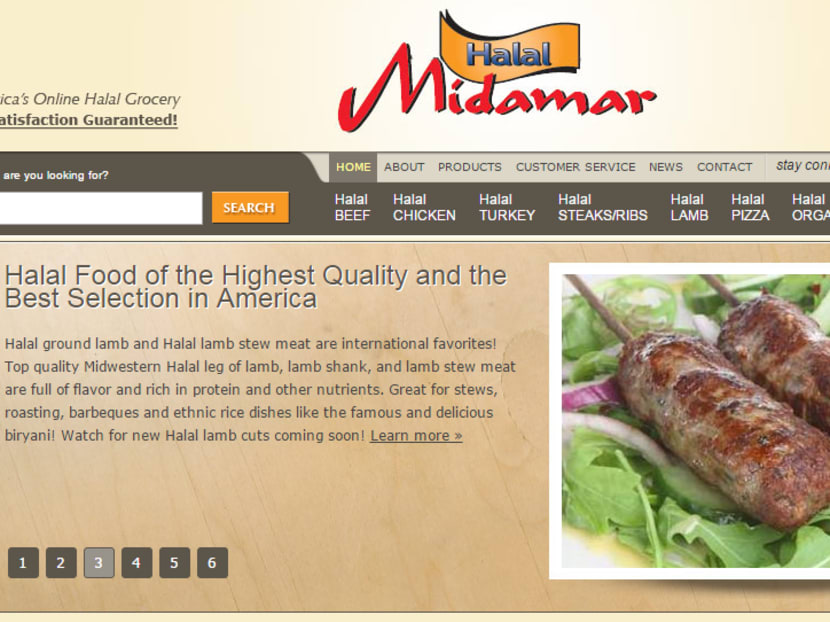A halal food bill was passed by seven states including – As a halal food bill takes hold in seven states, its implications for Muslim communities and the broader food industry are poised to reshape dietary landscapes and economic opportunities. This groundbreaking legislation has sparked a surge of interest and debate, warranting a comprehensive examination of its significance and potential consequences.
The passage of this bill marks a pivotal moment in the recognition and accommodation of Muslim dietary needs, while simultaneously raising questions about the role of government regulation in food safety and cultural practices. This multifaceted topic demands a nuanced exploration that considers religious beliefs, economic implications, public health concerns, and international perspectives.
A Halal Food Bill: Implications and Perspectives
The passage of a halal food bill in seven states has sparked discussions and debates regarding its impact on Muslim communities, economic implications, dietary considerations, public health and safety, and international perspectives.
Impact on Muslim Communities
For Muslim communities, the availability of halal food is essential for religious and cultural practices. The bill’s passage ensures increased access to halal food, addressing concerns about the availability and accessibility of products that adhere to Islamic dietary laws.
Specific Benefits and Challenges
- Enhanced access to halal meat, poultry, and other products.
- Reduced uncertainty and confusion about the permissibility of food items.
- Potential challenges related to increased demand and supply chain disruptions.
Economic Implications

The halal food bill has significant economic implications. It creates new opportunities for businesses and industries catering to the growing demand for halal products.
Job Creation and Growth
- Establishment of new halal food processing facilities and distribution channels.
- Increased employment opportunities in the halal food sector.
- Stimulation of economic growth through increased production and consumption.
Dietary Considerations

Halal food refers to food that is permissible for consumption according to Islamic law. It adheres to specific dietary restrictions and guidelines.
Religious and Cultural Importance
- Compliance with Islamic dietary laws, which are considered a religious obligation.
- Preservation of cultural traditions and identity associated with halal food.
- Ensuring the purity and integrity of food consumed.
Public Health and Safety: A Halal Food Bill Was Passed By Seven States Including
The halal food bill has implications for public health and safety. Government regulation plays a crucial role in ensuring the safety and quality of halal food.
Government Regulation and Safety Standards
- Establishment of clear standards for halal food production and certification.
- Inspections and audits to ensure compliance with safety regulations.
- Protection of consumers from unsafe or mislabeled halal food products.
International Perspectives

The approach to halal food regulation varies across countries. International standards and organizations influence halal food certification and trade.
Global Standards and Trade, A halal food bill was passed by seven states including
- Harmonization of halal food standards through international organizations.
- Facilitation of halal food trade and tourism.
- Recognition of halal food certification from different countries.
Essential Questionnaire
What is halal food?
Halal food refers to food that adheres to Islamic dietary laws and guidelines, which prohibit the consumption of certain animals (such as pork and its byproducts), blood, and alcohol.
Why is halal food important to Muslim communities?
For Muslims, consuming halal food is a religious obligation and a way to maintain their spiritual and physical well-being.
What are the potential economic benefits of the halal food bill?
The bill could stimulate the growth of the halal food industry, creating new jobs and business opportunities, and potentially boosting tourism from Muslim-majority countries.